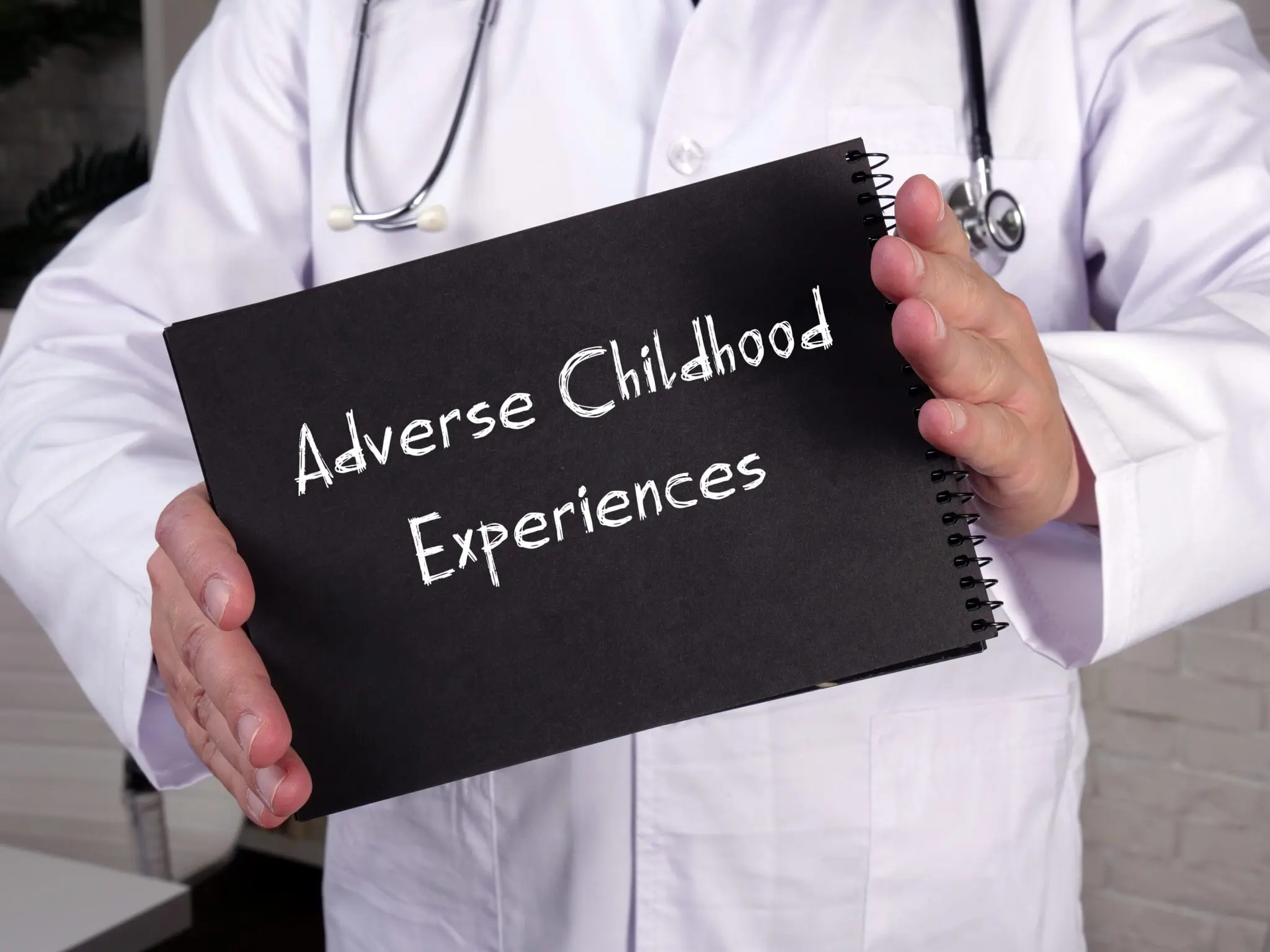In 1985, Dr. Vincent Felitti was running an obesity program at his San Diego-based clinic. He discovered that the people most likely to drop out of the program were the ones successfully losing weight. Upon further inquiry, Dr. Felitti found that 55% of the people in the program acknowledged a history of childhood sexual abuse. Many of the women indicated that they believed their physical size helped to ward off sexual advances from men. For these women, excess weight was meant to be protective. For them, losing weight was not deemed helpful.
Backing Felitti’s findings, longitudinal studies suggest that self-reported physical and sexual abuse during childhood greatly increase one’s risk for severe obesity in adulthood. One analysis using data from the National Longitudinal Study of Adolescent Health found more than double the risk for abused females and more than triple for abused males, compared to individuals with no history of abuse.
This made Dr. Felitti, the founder of the Department of Preventive Medicine at Kaiser Permanente, wonder whether adverse experiences prior to one’s 18th birthday could be related to other negative health outcomes in adulthood. So, he initiated a study to find out.
Now one of the world’s foremost experts on childhood trauma, Dr. Felitti is the co-principal investigator of the internationally recognized Adverse Childhood Experiences (ACE) Study, a long-term, in-depth, analysis of more than 17,000 middle-class adults, 75% of whom were white. Done in conjunction with the CDC, the ACE study was conducted at Kaiser Permanente from 1995 to 1997.
Again, the participants were largely white, middle-class adults, and they were mostly educated people. In fact, 39.3% were college graduates or higher, and 35.9% had attended at least some college.
The ACE study found that traumatic experiences in childhood, which are often protected for many years by shame and secrecy, can play out a half-century later in terms of emotional state, disease, and even life expectancy. The ACE study examined 10 categories of adverse childhood experiences due to their prevalence:
1. Physical abuse
2. Sexual abuse
3. Verbal/emotional abuse
4. Physical neglect
5. Emotional neglect
6. Witnessing a mother being abused
7. A family member who is depressed, suicidal or diagnosed with other mental illness
8. A family member who is addicted to alcohol or another substance
9. Losing a parent to separation, divorce or death
10. A family member who is in prison
The ACEs study found a strong association between the number of adverse childhood experiences and later-life mental and physical health problems, such as heart disease, COPD, higher rates of STDs, and even premature death.
Adverse childhood experiences dramatically increase the risk for seven of the 10 leading causes of death in the US. In high doses, they affect brain development, the immune system, hormonal systems, and even the way that DNA is read and transcribed. People who are exposed to very high doses have triple the lifetime risk of heart disease and lung cancer, and a significant difference in life expectancy.
The ACEs study found that 67% of the population had at least one ACE; almost 25% of American adults have been exposed to three or more ACEs; and 12.6% (1 in 8) had four or more ACEs. The higher the ACE score, the worse the health outcomes are.
In a middle-class population, one in 11 people experienced six or more of those adverse experiences in childhood. A so-called ACE score of six (experiencing any six of the 10 categories) made that person 4,600% more likely to become an IV drug user than a person who had experienced none of those categories. An ACE score of six also produces a likelihood of attempting suicide that is between 3,100%-5,000% greater than someone with none of these categories.
An ACE score of six also shortens life expectancy by about 20 years.
The findings showed that people who experienced four or more adverse childhood events (1 in 8 people) had:
• Increased risk for smoking, alcoholism and drug abuse
• Increased risk for depression and suicide attempts
• Poor self-rated health
• 50 or more sexual partners
• Greater likelihood of sexually transmitted disease
• Challenges with physical inactivity and severe obesity
These individuals end up with a great likelihood of disease states in adulthood for two primary reasons:
1. The use of various coping devices (i.e., smoking, drinking and overeating) that become destructive over time and
2. The effect of chronic, major unrelieved stress on the brain and CNS can produce a chronic release of pro-inflammatory chemicals into the body and suppress the immune system.
The good news is that ACEs can be screened, prevented and healed. Validating one’s existing strengths and protective factors is important. Some of the strategies that can be employed include:
• Supportive relationships, including other family members and peers
• High-quality, sufficient sleep
• Balanced nutrition
• Regular physical activity
• Mindfulness and meditation
• Experiencing nature
• Mental health care, including psychotherapy or psychiatric care, and substance use disorder treatment, when indicated
The widespread nature of adverse childhood experiences is a reminder that you never know what someone is going through at any given moment or why. It’s a reminder for us to refrain from judgement, and to always be kind.






